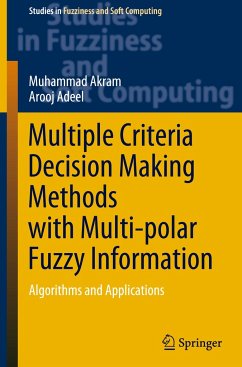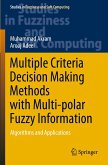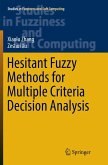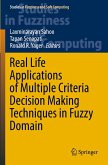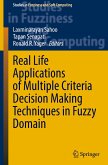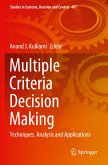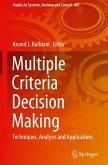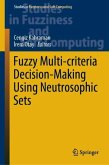This book presents an extension of fuzzy set theory allowing for multi-polar information, discussing its impact on the theoretical and practical development of multi-criteria decision making. It reports on set of hybrid models developed by the authors, and show how they can be adapted, case by case, to the lack of certainty under a variety of criteria. Among them, hybrid models combining m-polar fuzzy sets with rough, soft and 2-tuple linguistic sets, and m-polar hesitant fuzzy sets and hesitant m-polar fuzzy are presented, together with some significant applications. In turn, outranking decision-making techniques such as m-polar fuzzy ELECTRE I, II, III and IV methods, as well as m-polar fuzzy PROMETHEE I and II methods, are developed. The efficiency of these decision-making procedures, as well as other possible extensions studied by the authors, is shown in some real-world applications. Overall, this book offers a guide on methodologies to deal with the multi-polarity andfuzziness of the real-world problems, simultaneously. By including algorithms and computer programming codes, it provides a practice-oriented reference guide to both researchers and professionals working at the interface between computational intelligence and decision making.
Bitte wählen Sie Ihr Anliegen aus.
Rechnungen
Retourenschein anfordern
Bestellstatus
Storno

